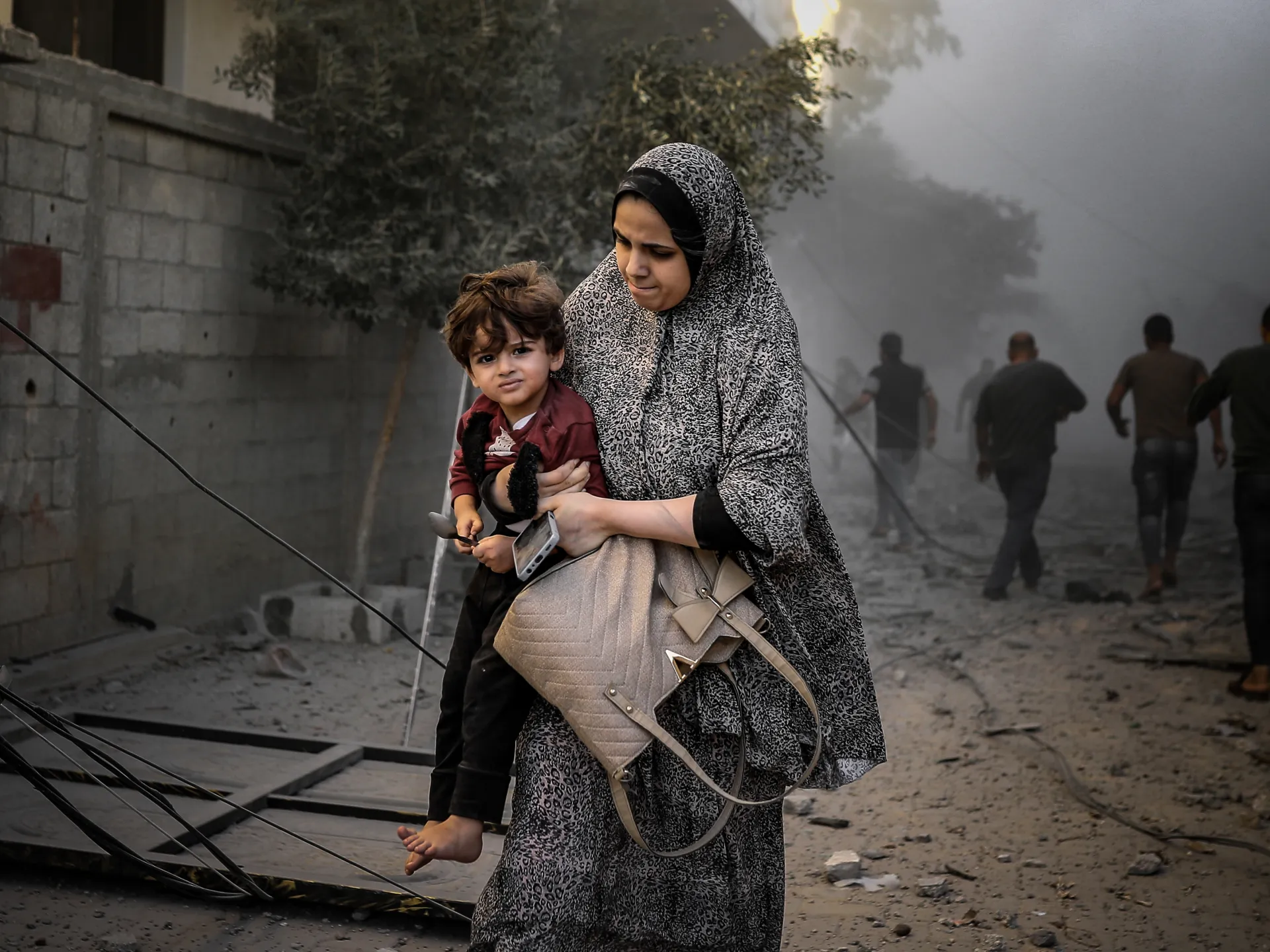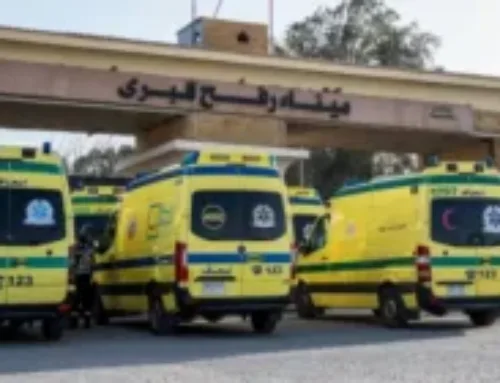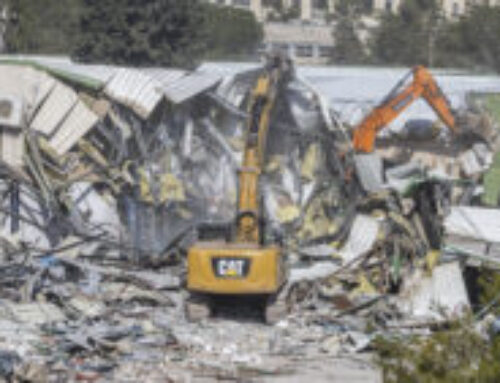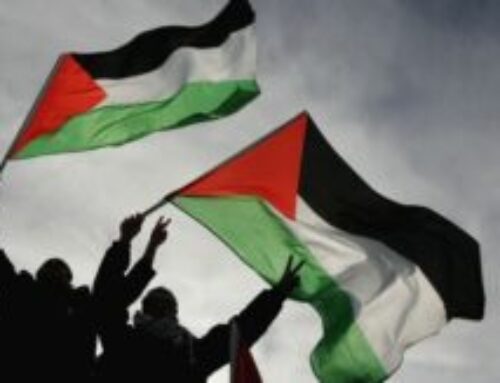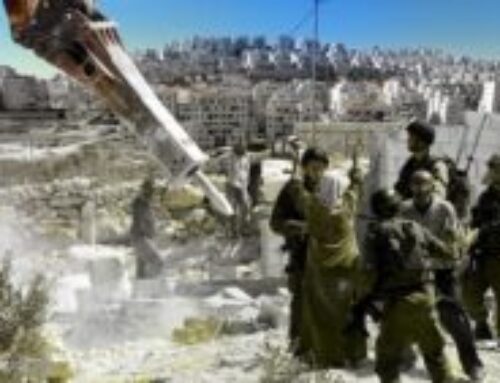In Gaza, where the cries of childbirth blend with the sounds of explosions, over fifty thousand pregnant women face a daily confrontation with death—amid a war that makes no distinction between life and ruin. The number of pregnant women nearly mirrors the death toll since October 7, 2023, in a haunting paradox that captures the suffering of a people persecuted even in their most human moments. Pregnancy in Gaza is no longer a natural biological event—it has become an act of resistance. The Palestinian woman now fights on two fronts: motherhood and survival.
Despite this heroic scene, the medical and humanitarian reality signals a deepening catastrophe. Dozens of women suffer miscarriages daily due to bombing, or from overwhelming fear and psychological trauma, all in the absence of basic healthcare. Hospitals, already overwhelmed with the wounded, can no longer accommodate pregnant women or offer safe delivery rooms. Add to this a severe shortage of medicines and incubators. Many women are forced to give birth at home—or even under the rubble—with no guarantee of survival.
But the struggle doesn’t end with childbirth. Breastfeeding becomes an uphill battle as mothers face acute malnutrition that prevents their bodies from producing enough milk for their infants. The lack of food and water, coupled with chronic fear, is destroying the health of both mothers and babies, while healthcare and nutrition support is nearly nonexistent. Newborns are left with nothing to nourish them, while their mothers fight to stay alive—both physically and mentally.
At the heart of this tragedy, the Palestinian woman is not merely a victim—she is the last wall standing between life and collapse. But this wall is groaning, weakening, and left alone to face an ever-deepening humanitarian disaster. Saving mothers and children in Gaza is no longer just a humanitarian duty—it is a matter of existential urgency to prevent the collapse of an entire generation, born under fire and weaned on the sight of martyrs and rubble.

